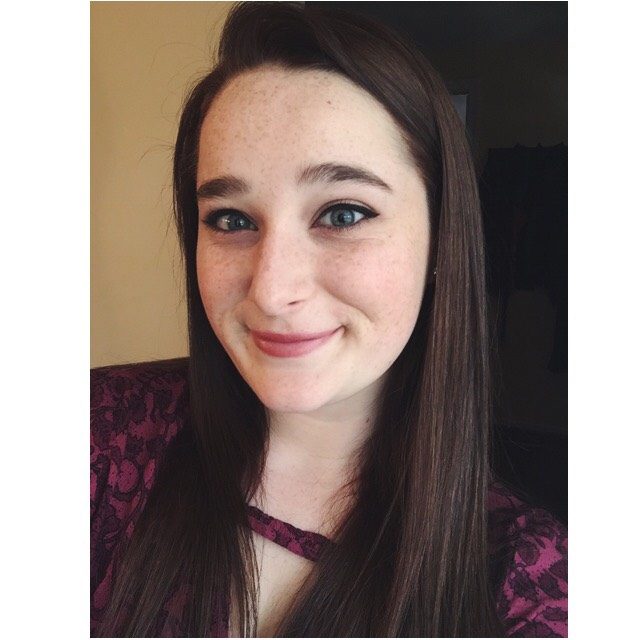
Looking for the “Tweeting for Minority Mental Health” post? Click here.
By Kamiesha Cooper
My first experience with depression was when I was 5 years old, growing up in Alabama.
My dad was physically abusive towards my mom and, after he moved to his own place, he began abusing me on visits. My mom was emotionally violent. She would tell me that no one wanted me at home and that my three half-sisters didn’t want to be around me. This caused me to isolate myself. I would lay in bed for hours, lacking motivation to do anything because I felt worthless and incapable of making those around me happy.
As a result of the abuse and bullying that was going on at school, I began to self-harm. It started with me pulling out my hair. When I got older, I cut. The more I was bullied, the worse my self-harm would get. I had to wear bracelets and wristbands to keep others from noticing the cuts on my wrists. Around the age of 13, I started experimenting with drugs and alcohol. It was also around this age that I started experiencing mania. At times, I felt like I could conquer the world. The mania kept me up at night—my mind racing while thinking of things to do.
Coming down from the highs of mania was awful. I would be depressed, agitated, and really annoyed. I got up the courage to confide in a church member. I told her about my mood swings and she responded by telling me that I was just being a woman. “Women are moody,” she said.
There is a stigma attached to mental health disorders in the African-American community. Growing up, black people around me said that we don’t have depression, we don’t have eating disorders—that’s “white people stuff.” It’s this belief that stops us from being vulnerable with each other, offering emotional support, and seeking professional help.
At the age of 14, I tried to take my life by overdosing on pills. I was hospitalized, but nothing really changed. By the end of 10th grade, I realized that I was falling far behind at school. A close friend confronted me about my behavior, so I started to turn things around. I broke up with a toxic boyfriend, took Advanced Placement classes the next year, ran track, and got my grades up. I graduated from high school and left for college in Tennessee.
The summer before my freshman year was a turning point in my life.
Therapy services through my private college were free with tuition. Since I was still self-harming and confronting unhealthy dynamics with my family, I decided to go. I found a great therapist who helped me develop healthier coping mechanisms and self-care routines. She recommended that I also see a psychiatrist, who diagnosed me with bipolar disorder.
My biggest test came when I decided to talk to my parents about my mental health and their role in my struggles. My dad claimed that he never abused me, only “disciplined” me when necessary. My mom, on the other hand, listened and even shed some tears. She apologized for all that she put me through. Our relationship got a fresh start.
I transferred to a college in Alabama for financial reasons, but I’ve continued with therapy. I’m balancing my life much better now. My conversations with my mom and sisters are more open. They don’t judge me because of my diagnosis.
I still get the highs and lows from bipolar disorder. It doesn’t just go away. But now, I know it’s okay to be vulnerable with people and open up. My message to my community is don’t let the stigma that has been pushed upon us keep us from getting the help we deserve. You deserve to be healthy and happy. And so do I.
Editor’s Note: Gratitude to Valerie Cordero at Families for Depression Awareness for her support in developing this post.
What do you think?
- What was the perception of mental health in your family when you were young?
- What might be done, and by whom, to reduce stigma in diverse communities?
Tell us on Facebook!








Connect With Us